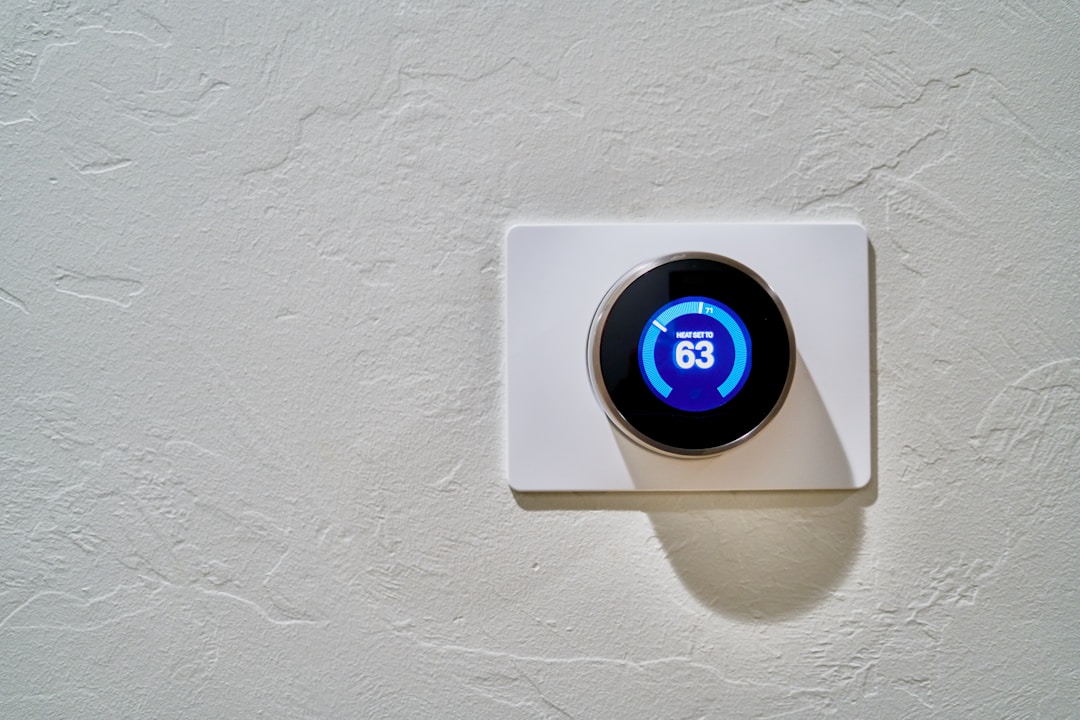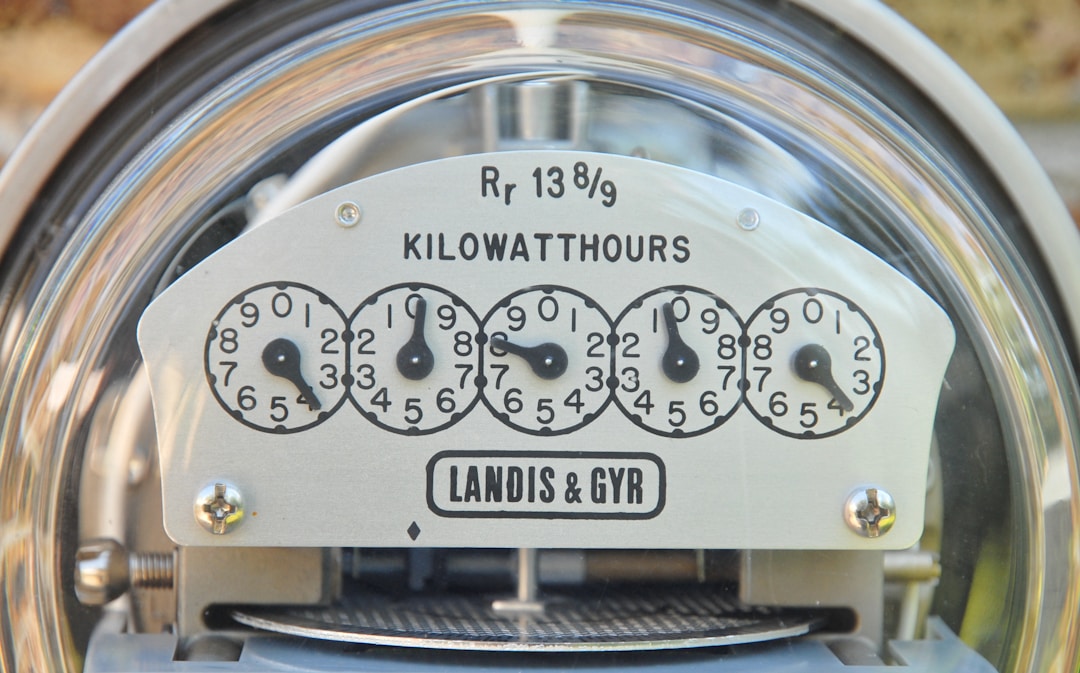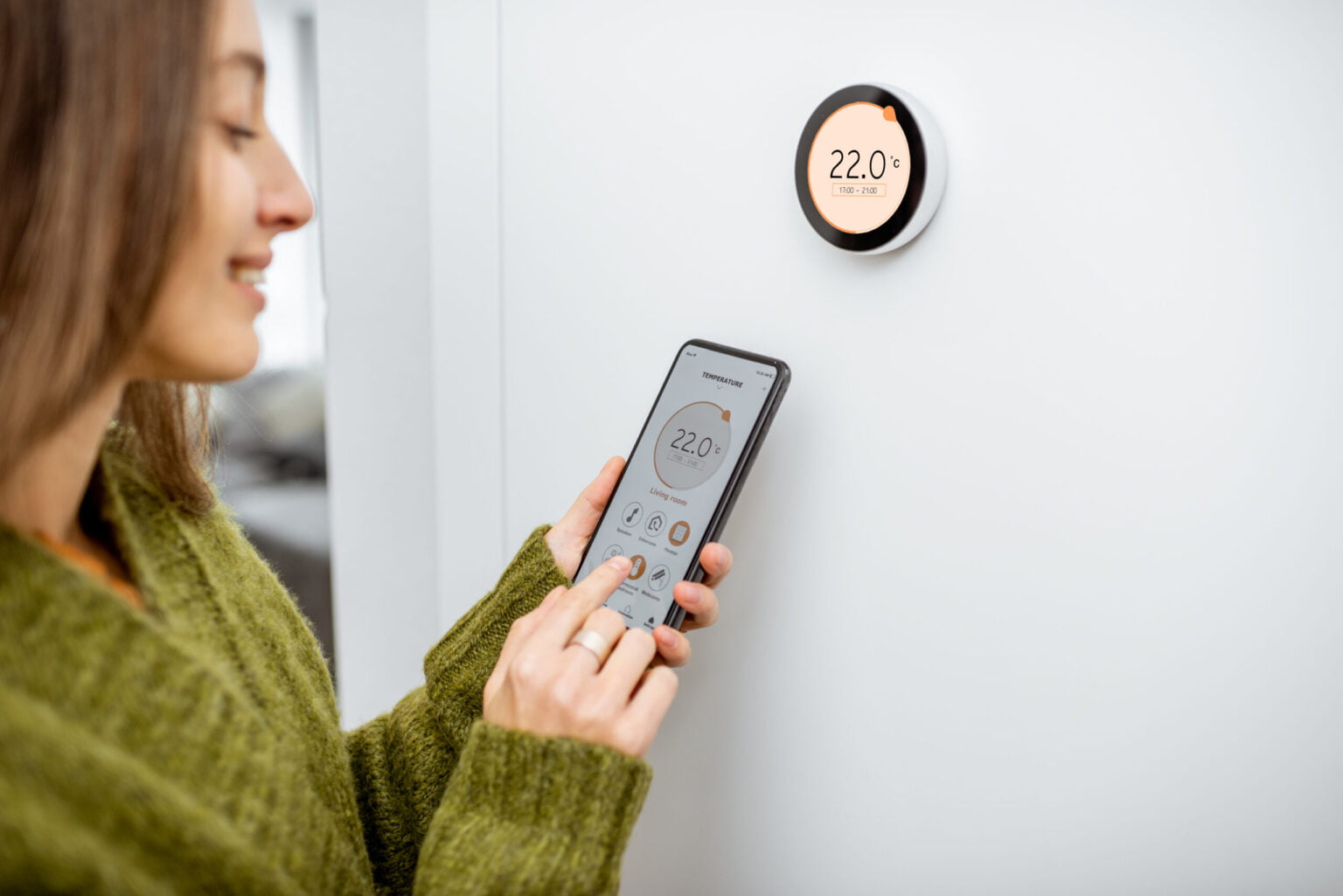In the age of rapidly evolving technology, smart thermostats have emerged as an innovative solution for managing home cooling and energy consumption. This groundbreaking invention offers unparalleled convenience, cost savings, and eco-friendly aspects that have revolutionized the way homeowners regulate their indoor environment.
HVAC companies, like E.M. Logan Inc, offer a wide range of smart thermostats from renowned manufacturers, ensuring that you can find the perfect match for your individual needs. A professional HVAC company can help you decide which model would be best for your home and situation. In this article, we will explore the key features and benefits of smart thermostats. Keep reading to learn more.
Key Features and Functionality of Smart Thermostats

Smart thermostats come equipped with numerous features that set them apart from traditional thermostats. One of the primary distinctions is their ability to connect to Wi-Fi, allowing homeowners to control and monitor their HVAC system remotely through a smartphone or tablet. This level of accessibility not only offers the convenience of on-the-go adjustments but also enables the user to track energy usage and modify temperature settings to optimize energy efficiency.
Another notable feature of smart thermostats is their learning capability, which involves monitoring and analyzing temperature preferences over a period of time. Once the thermostat understands the patterns and habits, it can automatically adjust the temperature based on factors such as time of day, occupancy, and even the local weather conditions. Furthermore, smart thermostats are compatible with other smart home devices, facilitating seamless integration into smart home environments.
The Benefits of Using Smart Thermostats

Smart thermostats offer an array of benefits, with energy savings being one of the most significant advantages. With the ability to optimize temperature settings and make real-time adjustments, homeowners can reduce their energy consumption significantly. In fact, studies have shown that smart thermostats can save users up to 20% on energy bills. This reduction in energy use not only translates to cost savings but also has a positive impact on the environment. This is significant given that Air conditioning can account for as much as 12% of home energy expenditures annually.
Another benefit of smart thermostats is the convenience they provide. Being able to control your home’s temperature remotely means you can arrive home in a perfectly cooled or heated environment without having to run the system all day. This level of control also grants peace of mind when you are away on vacation, ensuring that energy is not expended unnecessarily while the house is unoccupied.
Lastly, smart thermostats contribute to a healthier and more comfortable living environment. By constantly monitoring and adjusting the temperature, these devices can help maintain consistent indoor conditions, reducing temperature fluctuations and improving overall air quality. This is especially beneficial for individuals with allergies or sensitivities to changes in temperature or humidity.
Potential Drawbacks and Considerations
While smart thermostats offer numerous advantages, there are also some potential drawbacks and considerations to keep in mind. One of the most prominent concerns is the initial cost, as these devices can be more expensive than traditional thermostats. However, the energy savings potential may outweigh the initial investment in the long run. Moreover, there may be rebates and incentives available for energy-efficient products like smart thermostats, helping to offset the upfront cost.
Another consideration revolves around data privacy and security. As with any connected device, smart thermostats collect data related to your energy usage and habits. It is essential to ensure that this data is encrypted and protected to maintain your privacy and prevent unauthorized access to your personal information.
Lastly, compatibility can be a concern for some homeowners, especially if their existing HVAC system is not compatible with a smart thermostat. Before making a purchase, it is crucial to verify that your system is compatible and that the smart thermostat will function seamlessly with your equipment.
Overall, smart thermostats present a significant advancement in home cooling and energy management, offering a host of benefits that make them a compelling addition to any modern home. However, it is important to consider potential drawbacks and compatibility issues, as well as consult with a professional to ensure you make the right investment for your specific needs.




